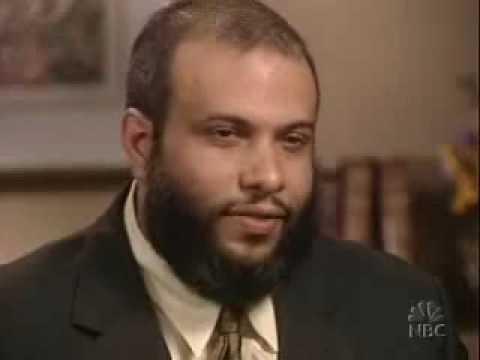The Supreme Court on Tuesday struck down a law allowing deportation of some immigrants who commit crimes because the law was unconstitutionally vague about what crimes would prompt deportation; the four terrorism defendants argue they were convicted under a law that was similarly vague about describing a “crime of violence.”
On Thursday, U.S. District Judge Leonie Brinkema in Alexandria issued orders demanding the government show cause why she shouldn’t vacate the convictions obtained more than a decade ago against what prosecutors called a “Virginia jihad network,” which used paintball games in the woods near Fredericksburg as a means of training for holy war. Several group members traveled to Pakistan after the Sept. 11 attacks with the goal of joining the Taliban in Afghanistan. At trial, several said they were persuaded to go when the group’s spiritual leader, Ali Al-Timimi, said after Sept. 11 that the world was on the verge of an apocalyptic battle between Muslims and nonbelievers.
Al-Timimi, of Falls Church, was convicted of soliciting treason, among other counts, and sentenced to life in prison.
Others convicted include Seifullah Chapman, who is serving a 65-year sentence. Chapman, a former Marine, traveled to Pakistan before the Sept. 11 attacks to train with a group called Lashkar-e-Taiba. After the Sept. 11 attacks occurred, he ended his training and returned to the United States.
Masoud Khan, on the other hand, traveled to Pakistan after Sept. 11 to join Lashkar, which group members believed was the best way to get necessary training to join the Taliban. Khan is serving a life sentence.
The fourth defendant affected by Brinkema’s order, Ismail Royer, is already out of prison after serving more than a decade. He struck a plea deal in which he admitted helping some group members make contact with Lashkar.
Read rest here










Comments powered by CComment